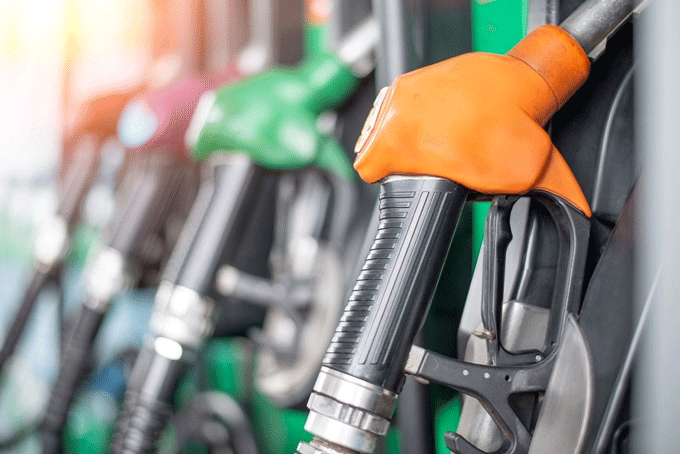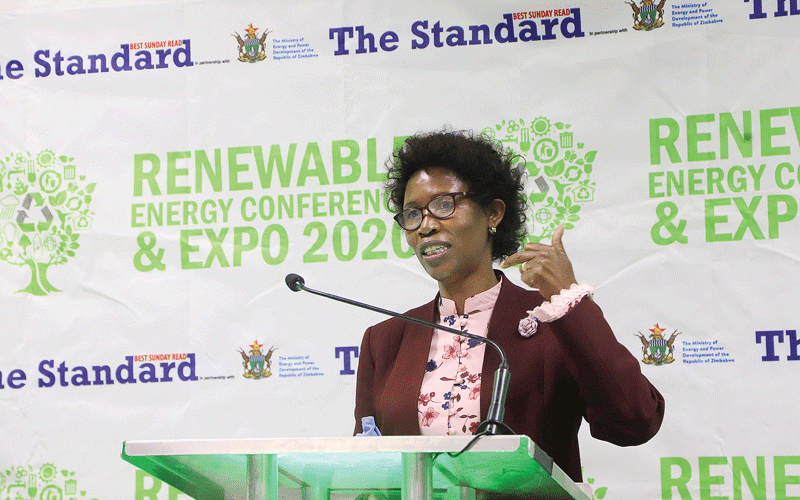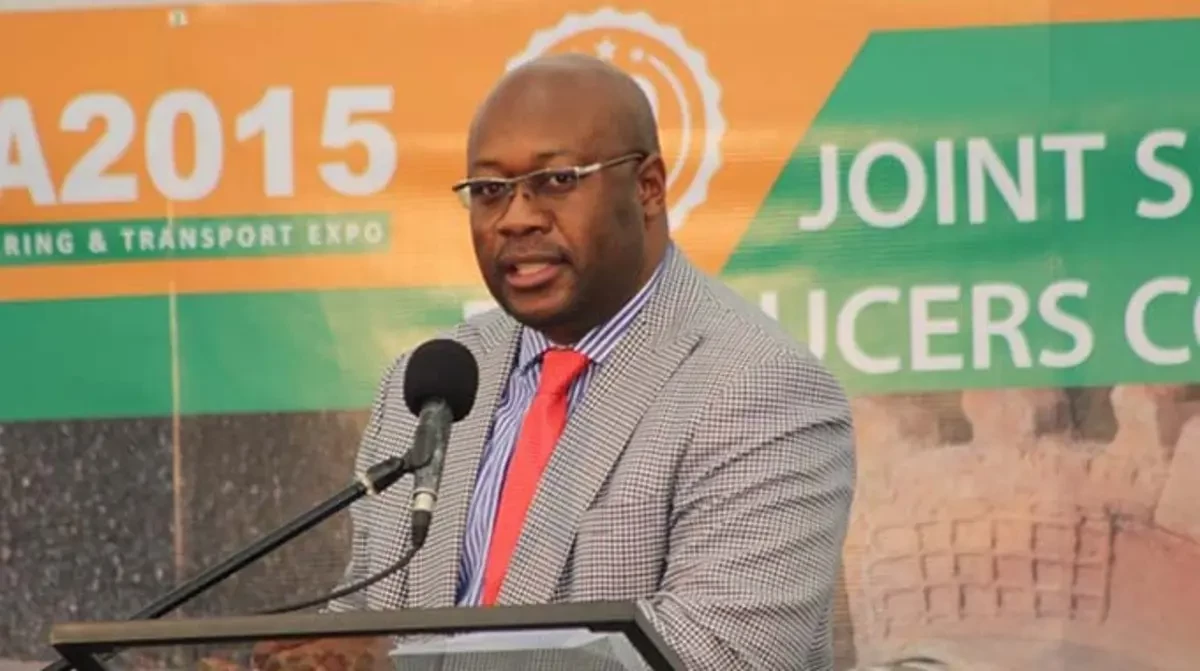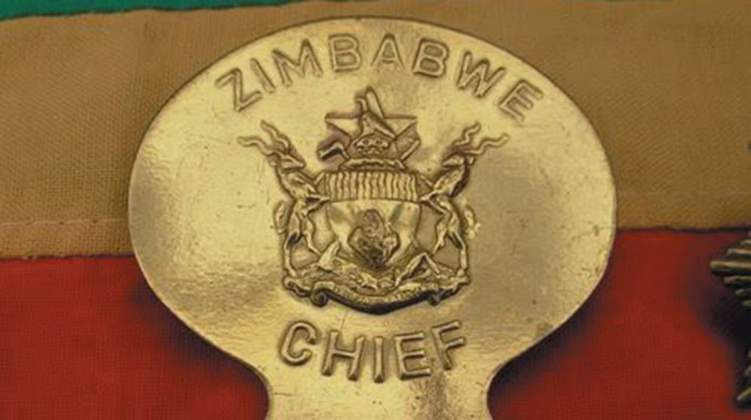
BY MIRIAM MANGWAYA
ZIMBABWE’S high fuel costs have been cited as fuelling inflation and price hikes in the country.
A statement by the Zimbabwe Coalition on Debt and Development (Zimcodd) published yesterday has revealed that Zimbabwe has the most expensive fuel in the Sadc region.
The revelation came at a time when the Zimbabwe Energy Regulatory Authority (Zera) has been hiking prices of fuel almost every month since the beginning of the year, contrary to government claims that fuel prices were stable.
Early this month, Zera hiked the price of diesel from US$1,34 to US$1,38, while that of petrol went to US$1,40 up from US$1,38.
The fuel prices are way above the Sadc averages of US$0,98 for diesel and US$ 1,01 for petrol.
South Africa has the second highest prices, with diesel going for US$1,17 per litre, while petrol is US$1,19.
eSwatini has the cheapest fuel pegged at US$0,91 per litre for petrol and US$0,88 for diesel.
- Chamisa under fire over US$120K donation
- Mavhunga puts DeMbare into Chibuku quarterfinals
- Pension funds bet on Cabora Bassa oilfields
- Councils defy govt fire tender directive
Keep Reading
Zimcodd said the country was paying more in fuel costs than other countries with the same geographical characteristics, which was contributing to a rise in inflation.
“For some time now, Zimbabwe is notoriously known for having the highest fuel prices among major economies of the Southern African Development Community (Sadc),” Zimcodd said.
“Zimbabweans are paying US$0,40 and US$0,39 more per litre of diesel and petrol, respectively, than the regional average. The country is paying more in fuel costs than other countries it has the same geographical characteristics such as Zambia, which is also landlocked and imports some of its fuel by haulage trucks passing through Zimbabwe.
“High fuel price is contributing to rising inflation since fuel cost has spill-over effects on other sectors of the economy such as the transport sector. The transport sector is key because it covers the transportation of factors of production like labour, industrial inputs like raw materials, and distribution of finished products to various markets.”
Following the fuel price hike by Zera, passenger transporter Zupco also reviewed its fares upwards with buses now charging $60 for local trips, a 50% rise from $40.
Commuter omnibuses also increased fares by 33% from $60 to $80 for local trips.
“Given the rate, the local currency has nosedived and prices of basics overshooting while wages and salaries have remained constant,” Zimcodd said.
“The government will be expected to step up and provide strong social safety nets to cushion the most vulnerable.
“However, it is astounding to note that it is the government itself that is scrambling to hike prices of the very things the poor rely on thus setting a wrong precedent for the private sector players.
“The ripple effects on the entire economy will be enormous. This episode raises suspicion on the massive Zupco megadeals announced by the second republic since 2019 as the bus fleet remains inadequate for the passenger traffic volumes, especially during peak hours.”
Zera chief executive officer Edington Mazambani was not picking calls on his mobile phone and had not yet responded to questions sent to him at the time of going to print last night.
Follow Miriam on Twitter @FloMangwaya










